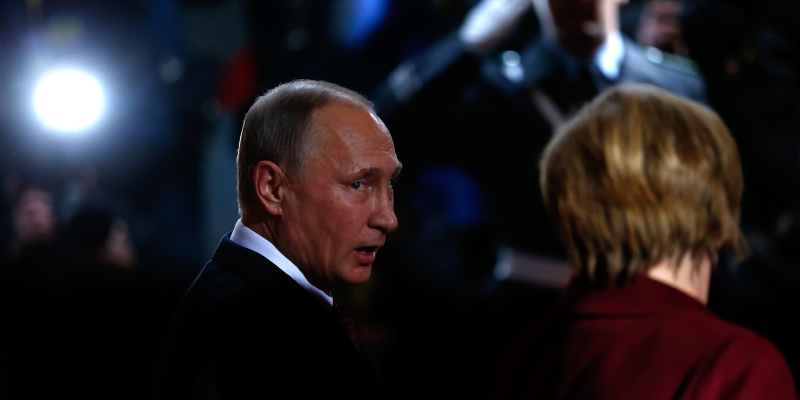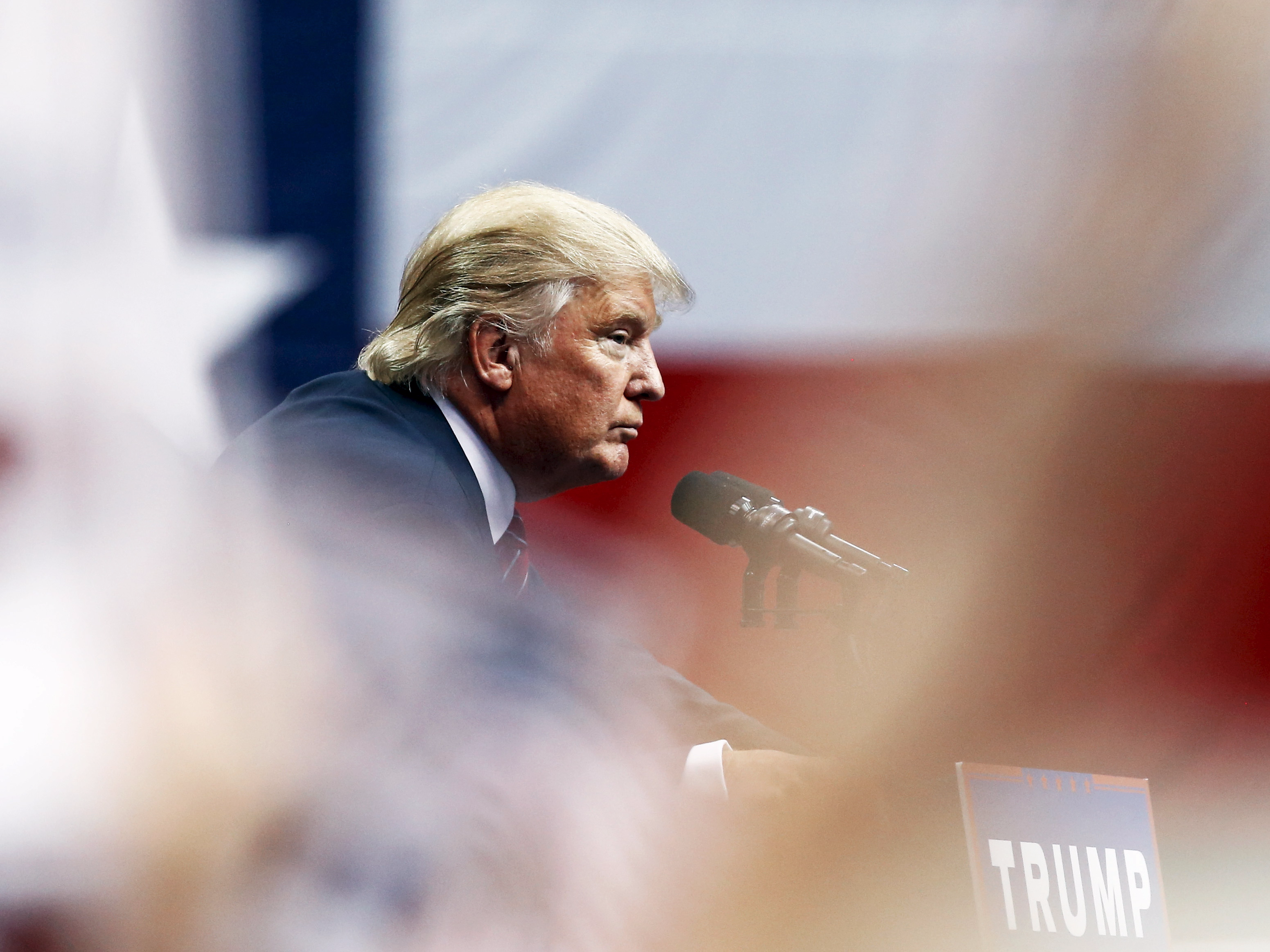President-elect Donald Trump is stepping into office on Friday.
And some analysts argue that his “America first” foreign policy agenda could mark a break in the global order, given that it rejects the Wilsonian approach centered on US-backed international alliances and institutions.
“I believe that the Pax Americana, as of tomorrow, is over,” Ian Bremmer, president of Eurasia Group, said in an interview with Business Insider on Thursday at the World Economic Forum in Davos, Switzerland.
“I think that we can actually close the book on that chapter and that we enter into a new world order,” he said.
Bremmer and his firm recently articulated a similar idea in their annual list of top risks. They wrote that Trump’s “America first” philosophy sees multilateral institutions and international affairs as transactional – that is, rather than aiming for longer-term global order and common values, Trump believes the US should act on near-term national interests and be more flexible in dealing with rapid shifts on the global stage.
"With [the 'America first' philosophy] ends a 70-year geopolitical era of Pax Americana, one in which globalization and Americanization were tightly linked and American hegemony in security, trade, and promotion of values provided guardrails for the global economy," the firm wrote in their report.
Notably, Chinese President Xi Jinping gave a speech on Tuesday in Davos defending economic globalization, which Bremmer cited as an example of globalization continuing while Americanization is not.
Davos attendees "know that Trump represents a level of significant uncertainty in the global order," he said. "And they also know the Chinese government coming here and saying, 'We're leading the charge on globalization,' and quoting from Charles Dickens and things like that - well, China is not a democracy. Not going to become one. China's not a free-market economy. And while it is becoming more market-oriented over time, it's still fundamentally state capitalist.
"So the idea that your new globalization overlords are a country that does not have rule of law or an independent judiciary - in fact, a country that many of you do not feel particularly welcome investing in, even though you're making some money - they don't know how to deal with that, that uncertainty as globalization continues but Americanization is clearly over."

Another example of Trump's shift in foreign policy views that Bremmer singled out was the president-elect's recent comments in an interview with Bild and The Times of London on German Chancellor Angela Merkel and Russian President Vladimir Putin.
"Well, I start off trusting both, but let's see how long that lasts. It may not last at all," Trump said.
Bremmer said: "The Trans-Atlantic relationship right now ... when Trump comes out and says that his relationship with Putin and Merkel are basically the same, that's literally an astounding thing for a postwar American president to say. And if you're Merkel, the most important leader in Europe, you have to react strongly to that.
"I think there's an open question right now as to the state of and maybe the existence of the US-German alliance. And that is not appreciated by the people that are here."
Check out Business Insider's full interview with Bremmer »

